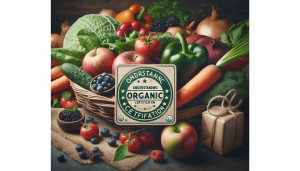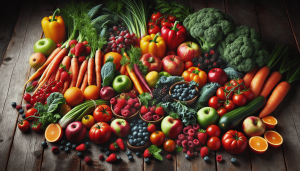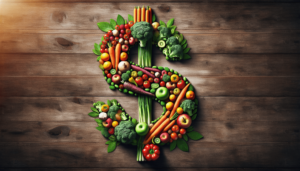Welcome to our exploration of the world of organic farming! In “Understanding the Challenges of Organic Farming,” we delve into the difficulties faced by farmers who choose to grow food without synthetic chemicals and pesticides. We aim to shed light on the labor-intensive practices, the issues of pest control, and the often unpredictable market conditions. Together, we’ll gain a deeper appreciation for the dedication required to bring organically grown produce to our tables.
In organic farming, we face numerous hurdles that test our resilience and ingenuity. Managing pests and diseases without synthetic chemicals demands innovative solutions and constant vigilance. Furthermore, organic farming can be labor-intensive, requiring more hands-on work to maintain soil fertility and manage weeds. Market volatility poses an additional challenge, as consumer demand for organic products can fluctuate, affecting our incomes. Despite these obstacles, our commitment to sustainable and eco-friendly farming practices fuels our passion to overcome these challenges and contribute positively to the environment and our communities. Have you ever wondered about the challenges of organic farming? As more and more people turn to organic options for their health benefits and environmental sustainability, it’s crucial to recognize the unique hurdles that come with this farming practice. In this friendly and informative article, we’ll dive deep into the world of organic farming and explore what makes it such a challenging yet rewarding endeavor.
What is Organic Farming?
Organic farming is a method of agriculture that focuses on producing food without the use of synthetic chemicals, such as pesticides and fertilizers, genetically modified organisms (GMOs), and artificial additives. Instead, it relies on natural processes and cycles to maintain soil health, promote plant growth, and manage pests and diseases.
Core Principles of Organic Farming
Understanding the core principles of organic farming will help us appreciate why it can be a challenging yet fulfilling practice:
- Soil Health: Maintaining soil fertility through composting, crop rotation, and cover cropping.
- Biodiversity: Promoting a diverse ecosystem to enhance resilience and productivity.
- Animal Welfare: Ensuring animals are kept in natural conditions with adequate space and access to the outdoors.
- Sustainability: Using renewable resources and energy-efficient practices to minimize the environmental impact.
The Main Challenges of Organic Farming
Despite its numerous benefits, organic farming comes with several significant challenges that we need to address. Let’s delve into these obstacles to better understand why organic farmers have to be innovative and resilient.
Soil Fertility and Nutrient Management
Maintaining soil fertility without synthetic fertilizers is one of the biggest challenges in organic farming. Organic farmers must rely on natural methods, such as composting, crop rotation, and green manures. These practices are labor-intensive and require a deep understanding of soil chemistry and biology.
Natural Methods to Enhance Soil
Below is a table summarizing some of the natural methods used to enhance soil fertility in organic farming:
| Method | Description |
|---|---|
| Composting | Decomposing organic matter to enrich soil with nutrients and improve its structure. |
| Crop Rotation | Planting different crops in succession to prevent nutrient depletion and pest buildup. |
| Green Manures | Growing specific plants to plow back into the soil, providing essential nutrients and organic matter. |
| Mulching | Applying a layer of organic material on the soil surface to conserve moisture and suppress weeds. |
Pest and Disease Management
Pests and diseases can severely impact crop yields and quality. Organic farmers cannot use synthetic pesticides and must instead rely on biological controls, crop rotations, and resistant crop varieties. These methods can be less predictable and often require more time and knowledge to implement effectively.
Biological Pest Control Methods
| Biological Control Methods | Description |
|---|---|
| Beneficial Insects | Introducing predators like ladybugs to control pest populations. |
| Microbial Pesticides | Using naturally occurring bacteria and fungi to target pests. |
| Trap Crops | Planting crops that attract pests away from main crops. |
Weed Control
Weed management is another significant challenge since organic farming prohibits the use of synthetic herbicides. Mechanical weeding, mulching, and crop rotations can be effective but require more labor and precision.
Effective Weed Management Techniques
| Technique | Description |
|---|---|
| Mechanical Weeding | Using tools and machinery to remove weeds. |
| Mulching | Suppressing weeds with organic material. |
| Crop Rotation | Preventing weed proliferation through rotation. |
Labor and Time Intensity
Organic farming is generally more labor-intensive than conventional farming. Tasks such as manual weeding, composting, and monitoring pests require more time and effort. Additionally, organic certification involves rigorous and ongoing documentation of farming practices, further adding to the workload.
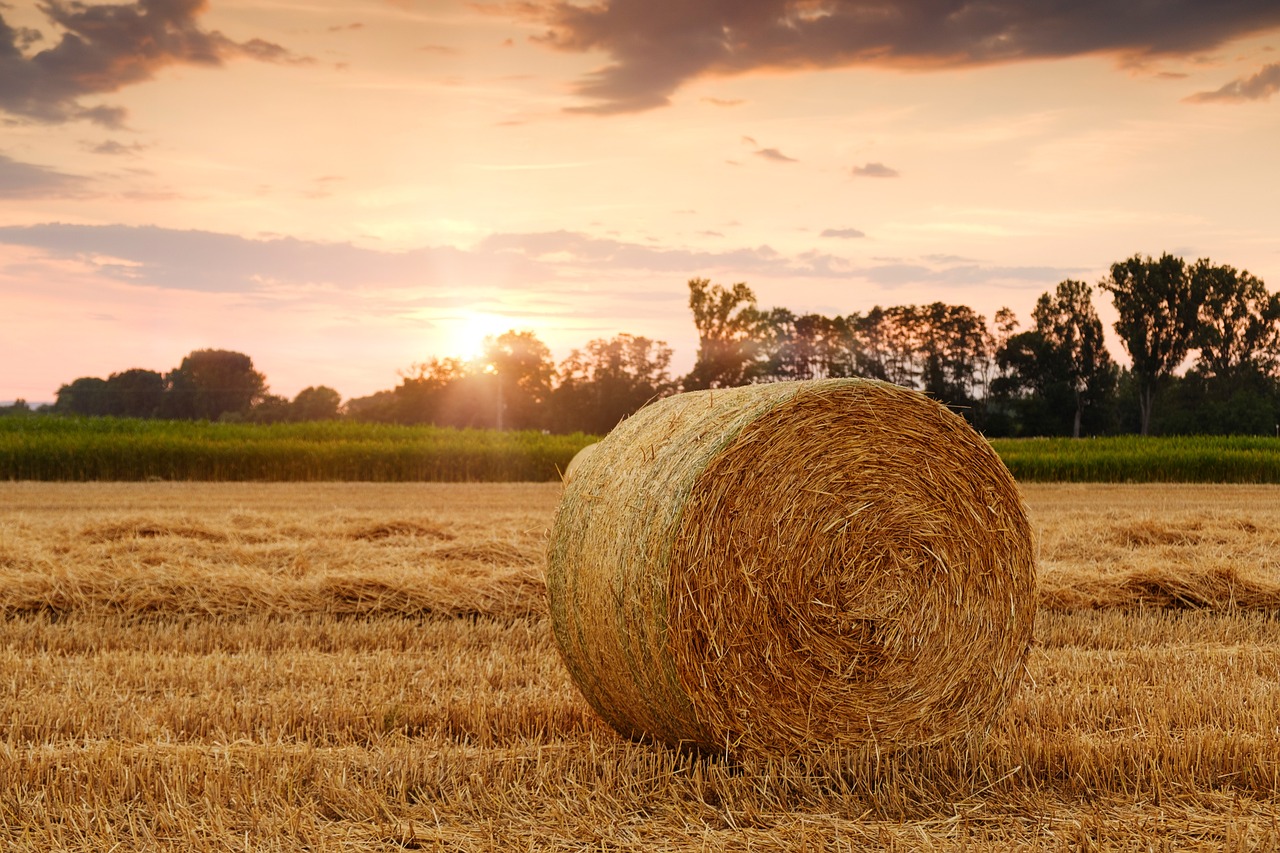
Economic Challenges
Organic farming often comes with higher costs and lower yields compared to conventional farming. Understanding these economic challenges can help us appreciate the financial risks that organic farmers take on.
Higher Production Costs
The costs associated with organic farming can be significantly higher due to various factors:
- Labor Costs: More labor is needed for tasks like manual weeding and pest control.
- Organic Inputs: Organic seeds, fertilizers, and pest control methods can be more expensive.
- Certification: The process of becoming certified organic is costly and requires regular inspections and documentation.
Lower Yields
Organic farming often results in lower yields compared to conventional farming, especially in the initial years of transitioning to organic practices. This gap can be attributed to the following factors:
- Transition Period: Soil fertility and ecosystem balance take time to adjust.
- Pest and Weed Pressure: Managing pests and weeds without synthetic chemicals can initially be less effective.
Price Premiums
While organic products generally command higher market prices, these premiums are not always sufficient to offset the higher costs of production. Additionally, market demand for organic products can fluctuate, leading to economic uncertainty for farmers.
Environmental Challenges
Organic farming aims to be environmentally sustainable, but it still faces challenges related to land use, water management, and climate change.
Land Use
Organic farming typically requires more land to produce the same yield as conventional farming, which can be a challenge, especially in areas with limited arable land.
Comparative Land Use Efficiency
| Farming Method | Yield Per Acre |
|---|---|
| Conventional | Higher, due to synthetic inputs. |
| Organic | Lower, more land needed. |
Water Management
Efficient water management is crucial for organic farming. Without synthetic chemical aids, organic farmers must rely on natural methods such as rainwater harvesting, efficient irrigation systems, and maintaining soil organic matter to improve water retention.
Sustainable Water Management Practices
| Practice | Description |
|---|---|
| Rainwater Harvesting | Collecting and storing rainwater for irrigation. |
| Drip Irrigation | Using a precise irrigation system to minimize water use. |
| Soil Organic Matter | Improving soil’s ability to retain moisture. |
Climate Change
Organic farming can be more vulnerable to climate change impacts such as extreme weather events, pests, and diseases. Organic farmers need to adopt resilient practices and diversify their crops to mitigate these effects.
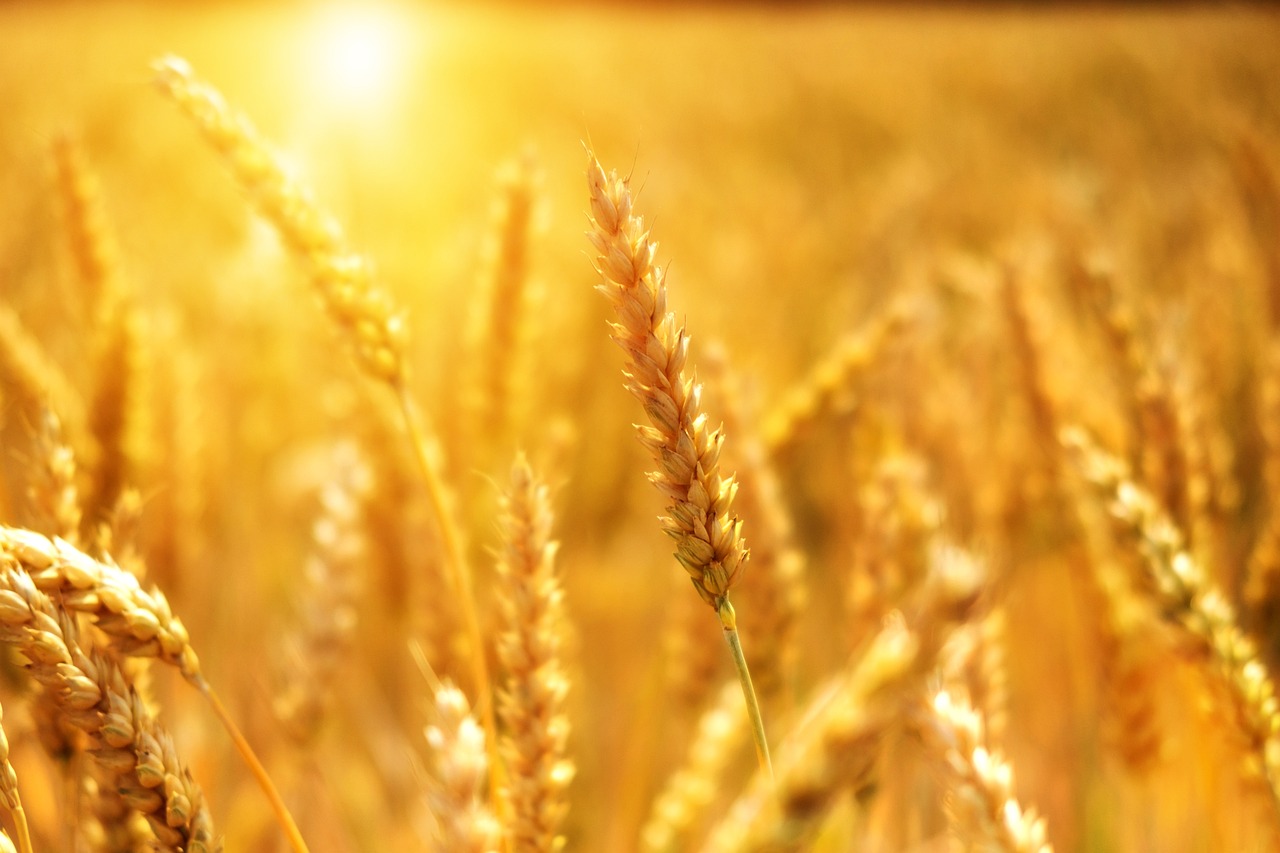
Social Challenges
Organic farming also faces various social challenges, including consumer perceptions, market access, and community support.
Consumer Perceptions and Education
Many consumers do not fully understand what “organic” means or why it is beneficial. This lack of understanding can lead to skepticism about the price and value of organic products.
Key Points for Consumer Education
| Concept | Explanation |
|---|---|
| Health Benefits | Organic foods have fewer pesticides and chemicals. |
| Environmental Impact | Organic farming promotes sustainability and biodiversity. |
| Animal Welfare | Organic practices ensure better living conditions for animals. |
Market Access and Distribution
Organic farmers often face challenges accessing markets and distribution channels, especially in regions where organic products are less known or valued.
Solutions to Improve Market Access
| Solution | Description |
|---|---|
| Farmers’ Markets | Directly selling to consumers to build relationships. |
| Cooperatives | Joining cooperatives to access better markets. |
| Online Sales | Utilizing e-commerce to reach a broader audience. |
Community Support
Community support is essential for the success of organic farming. Partnerships with local schools, restaurants, and community organizations can help create a supportive environment for organic farmers.
Building Strong Community Ties
| Initiative | Description |
|---|---|
| Community-Supported Agriculture (CSA) | Consumers buy shares in a farm’s harvest. |
| Farm-to-School Programs | Supplying organic produce to local schools. |
| Educational Workshops | Teaching the community about organic farming. |
Policy and Regulatory Challenges
Organic farming is subject to strict regulations and policies, which can create additional obstacles for farmers.
Certification Process
Becoming certified organic involves a rigorous process that includes:
- Application Fee: Costs associated with the application and inspection process.
- Documentation: Detailed record-keeping of farming practices and inputs.
- Annual Inspections: Regular inspections to ensure compliance with organic standards.
Regulatory Compliance
Organic farmers must comply with a myriad of regulations that can vary by country and region. These regulations are designed to ensure the integrity of organic products but can be burdensome for small and medium-sized farms.
Navigating Regulatory Compliance
| Regulatory Aspect | Description |
|---|---|
| National Standards | Understanding country-specific organic standards. |
| Record-Keeping | Maintaining detailed records of all farming activities. |
| Inspection Preparedness | Being ready for annual inspections. |
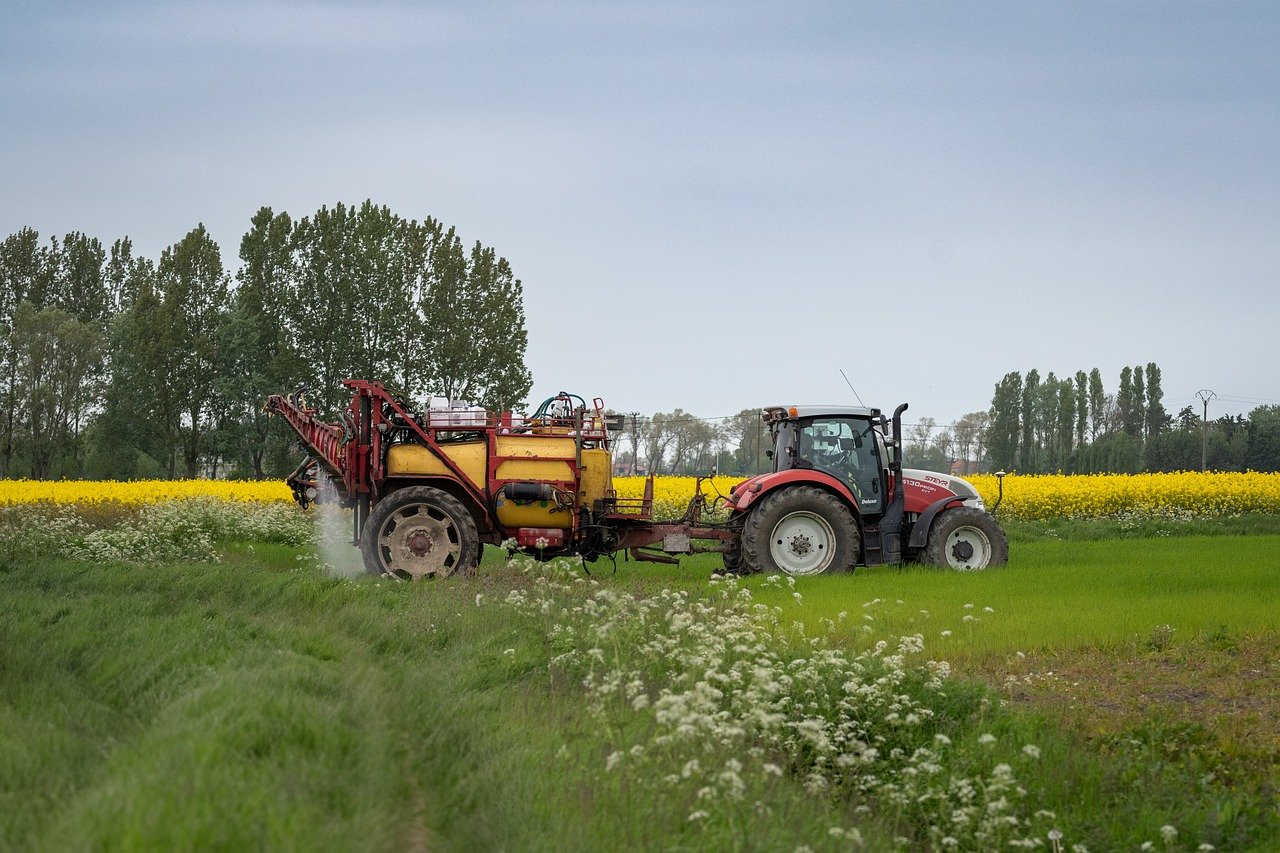
Technological Challenges
While technology can aid conventional farming significantly, the limited use of some technologies in organic farming poses specific challenges.
Limited Use of GMOs
Organic farming prohibits the use of genetically modified organisms (GMOs). While this upholds the standards of organic farming, it can limit the availability of pest-resistant or high-yielding crop varieties.
Adoption of Technology
Organic farming can still benefit from technology, but adopting suitable tech solutions that align with organic principles poses its unique set of challenges.
Technological Solutions for Organic Farming
| Technology | Application |
|---|---|
| Precision Agriculture | Using sensors and data analytics to optimize inputs and monitor crops. |
| Drones and Satellites | Monitoring field health and detecting pest outbreaks early. |
| Mobile Apps | Assisting with farm management and market access. |
Future of Organic Farming
Despite the challenges, the future of organic farming looks promising. Advances in sustainable farming techniques, policy support, and consumer demand are likely to drive the growth of organic agriculture.
Innovations in Organic Farming
Emerging technologies and practices are being developed to address some of the challenges faced by organic farmers:
- Biofertilizers: Natural fertilizers that enhance soil nutrients without harming the ecosystem.
- Integrated Pest Management (IPM): Combining biological, cultural, and mechanical methods to manage pests sustainably.
- Agroecology: Designing agricultural systems that are both productive and protective of natural resources.
Policy Support and Advocacy
Stronger policies and advocacy efforts can help address many of the challenges organic farmers face:
- Subsidies and Grants: Financial assistance for organic conversion and sustainable practices.
- Research and Development: Investing in research to develop new organic farming methods and technologies.
- Public Awareness Campaigns: Educating the public about the benefits of organic farming and products.
Consumer Trends
With the growing awareness of health and environmental issues, consumer demand for organic products is expected to rise. This trend can provide organic farmers with more market opportunities and financial stability.

Conclusion
Organic farming is a rewarding yet challenging endeavor that requires a deep commitment to sustainable practices and environmental stewardship. By understanding and addressing the challenges faced by organic farmers, we can support this vital sector and contribute to a more sustainable and healthy food system.
So, the next time you enjoy an organic apple or a bunch of organic carrots, remember the dedication and resilience of the farmers who make it possible. Let’s continue to support and celebrate organic farming for a healthier future for us and our planet.

